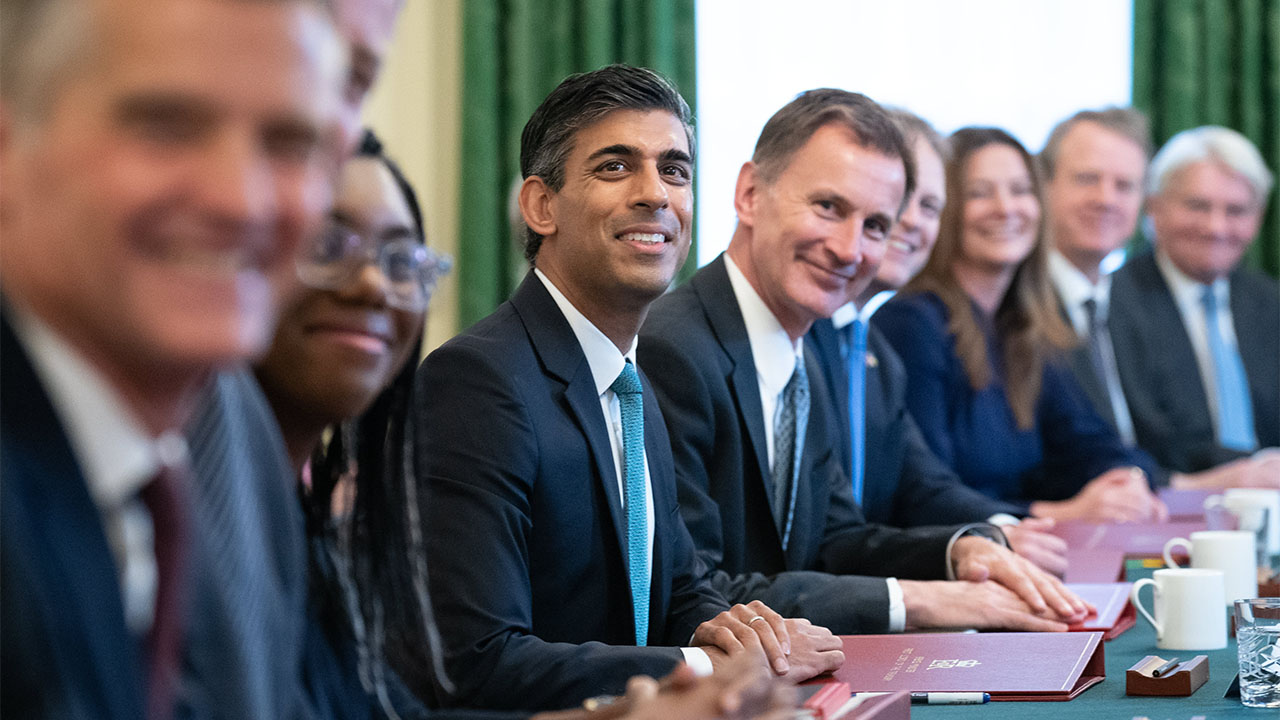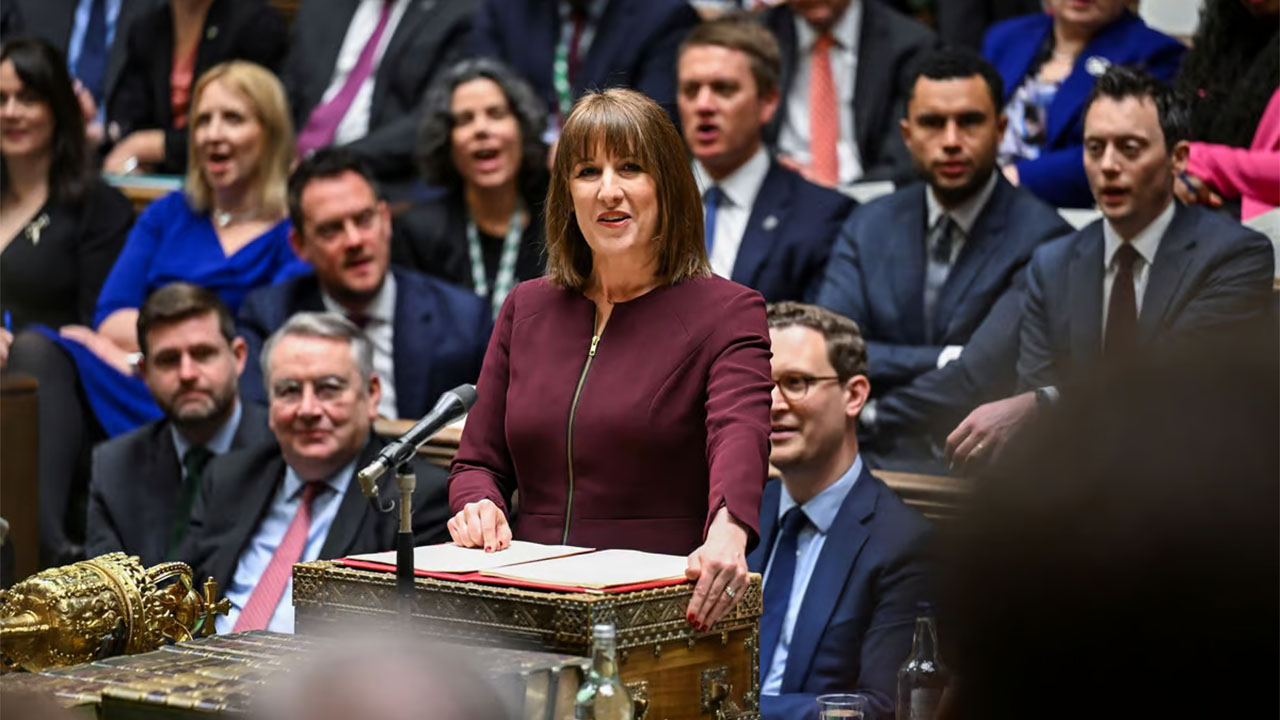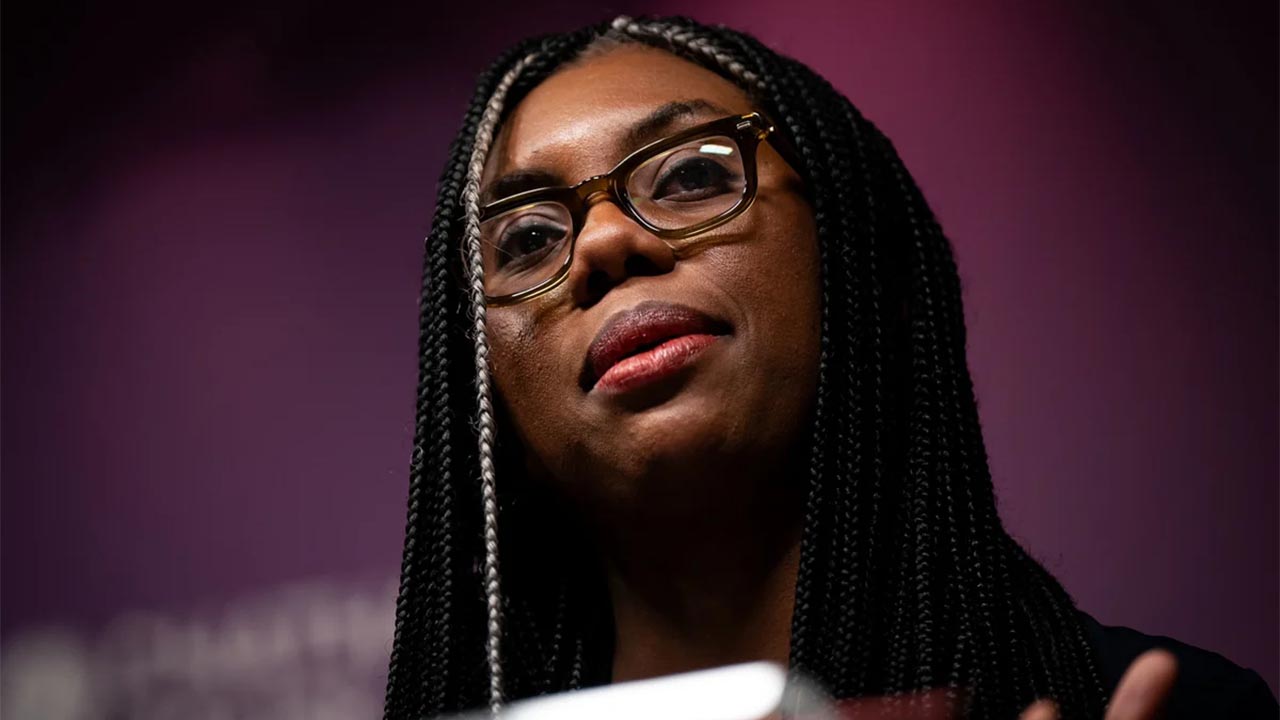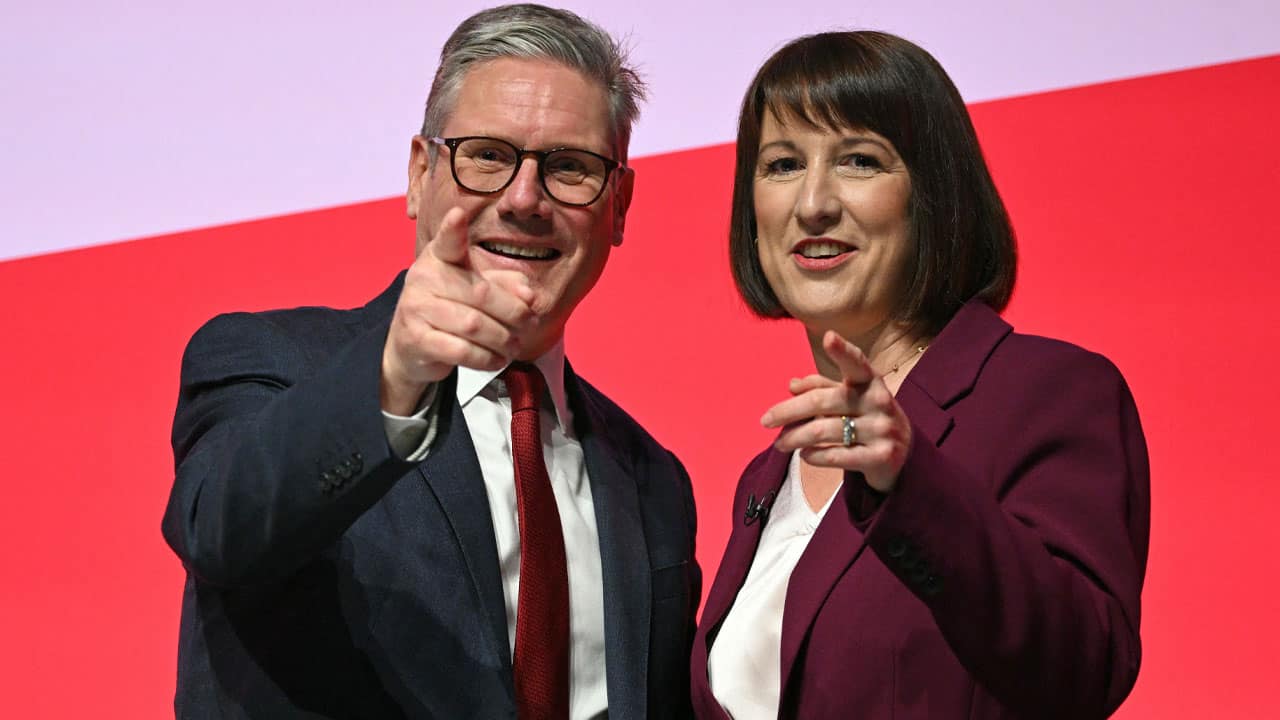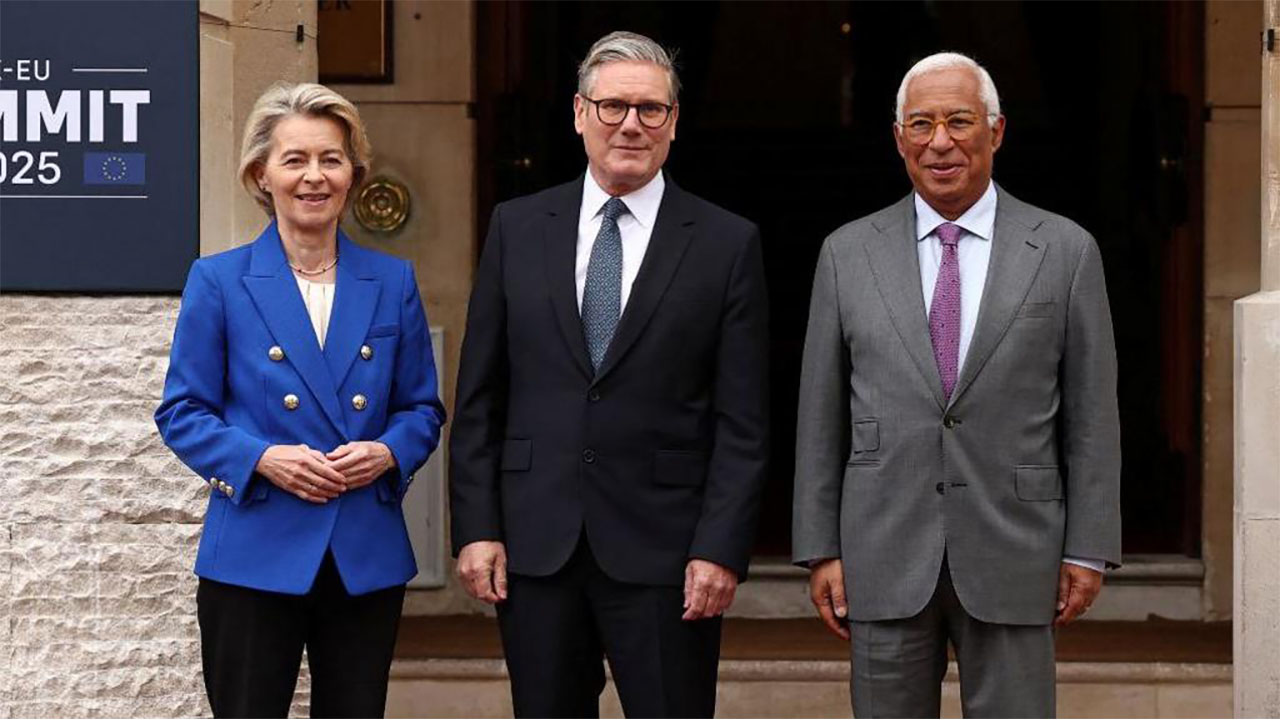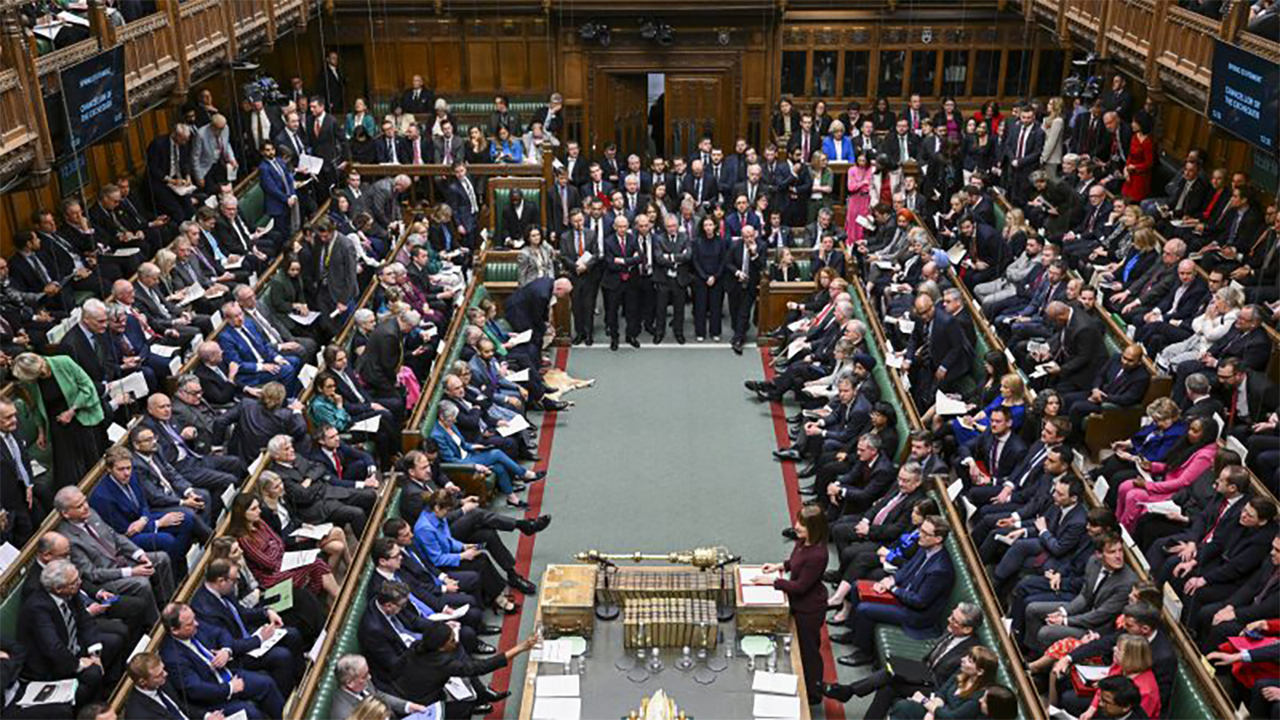During his tenue as prime minister from 2019 through to the summer of 2022, Boris Johnson made over 50 policy U-turns. Just to remind you of some of the highlights. He scrapped free school meals for kids from hard up families. Marcus Rashford, the Manchester United and England footballer, kicked off, a good number of Tory backbenchers joined in – and a U-turn was made.
Remember Huawei? Boris initially ignored warnings that the Chinese company posed a security threat. The US kicked off, supported by a good number of Conservative MPs, and, certainly in private, ministers, and Johnson ordered the stripping out of Huawei kit from the UKs 5G networks.
After initially insisting that 2020s ‘A’ Level results were “robust” the then education secretary said there would be no re-calculation of the outcome. Within 48-hours, the government U-turned after a kick off from parents, teachers – and Tory backbenchers.
Matt Hancock apologised for his ‘social distancing’ breach. Johnson said that the matter was closed. Hancock resigned the following day following a kick off from Mrs Hancock, the tabloid press, and a good number of Conservative MPs.
In the last budget he presided over, Johnson sanctioned an increase in National Insurance – which was a U-turn on his 2019 manifesto pledge of ‘no new taxes’.
Finally, Marcus Rashford was back again in November 2020. Once again, ministers fought back against the strikers free school meals demands, And once again the government backed down, announcing a £170m winter grant scheme for struggling families.
Not for these, or any of his other myriad of U-turns, for a whole lot of scandalous misdemeanours, Johnson was forced from office last year – to be replaced by Liz Truss.
In a scorched earth approach to policy-making, prime minister Truss announced a growth plan that included more house building, the scrapping of planning rules, and the re-introduction of fracking licences. Even without her kamikaze financial fantasy, Tory MPs had fired warning shots across her bows, threatening to vote down any measures that impacted on their NIMBY constituents.
After her six-weeks of carnage, and much to the disdain of the Conservative Party membership, the parliamentary party put Liz, and the country, out of our misery, replacing her with Rishi Sunak. A reminder that Sunak is a Brexiter; a Thatcherite; a financier by profession, married to a seriously rich woman – but considered to be to the left of Karl Marx by many Tory activists.
Those who have an interest in grown-up politics, practical policy prescriptions for the country’s ills, and wanting to give the Tories a fighting chance of retaining power at the next election, saw Sunak as a steady hand who might just be able to pull off a minor miracle – with his party between 20-30 points behind in the opinion polls.
On that basis, reservations from his grassroots or not, one would have expected a return of collective responsibility and discipline to the parliamentary Tory Party.
However, just four months into the job, Rishi has had to abandon his own house building targets. He clearly wants to sack his party chairman Nadhim Zahawi for the ex-chancellors forgetfulness when filing his personal tax return (to be fair, who among us haven’t forgotten an odd million or two of earnings – and then found the HMRC to be beyond friendly and accommodating when they kindly point out your mistake?), but he is scared of an internal backlash. He wants to do a deal with the EU on the Northern Ireland protocol, but is concerned about the small, but influential Brexit ‘cult’ that is the ERG. And now he has alienated many of his ‘Red Wall’ MPs by awarding ‘Blue Wall’ constituencies a load of ‘Levelling Up’ cash at the expense of their constituencies.
Today, Labour is polling at over 50%. But the Conservative Party is acting as if Jeremy Corbyn is still the leader of the opposition. The rumour is that there is some cunning plot (probably led by Nadine Dorries) to bring back Boris in time for the 2024 poll.
Even if this fantastical plan was to come to fruition, and like Lazarus, the Tories somehow emerged victorious at the next General Election, they would remain ungovernable.
They are not a party anymore. They are a collection of pressure groups, with different priorities, obsessions, and ambitions. Loyalty to a leader is a quality that few of them possess. For their own sake – and for the country’s – they need to lose the next election, and re-set. The Tory Party 2023 is ungovernable.


